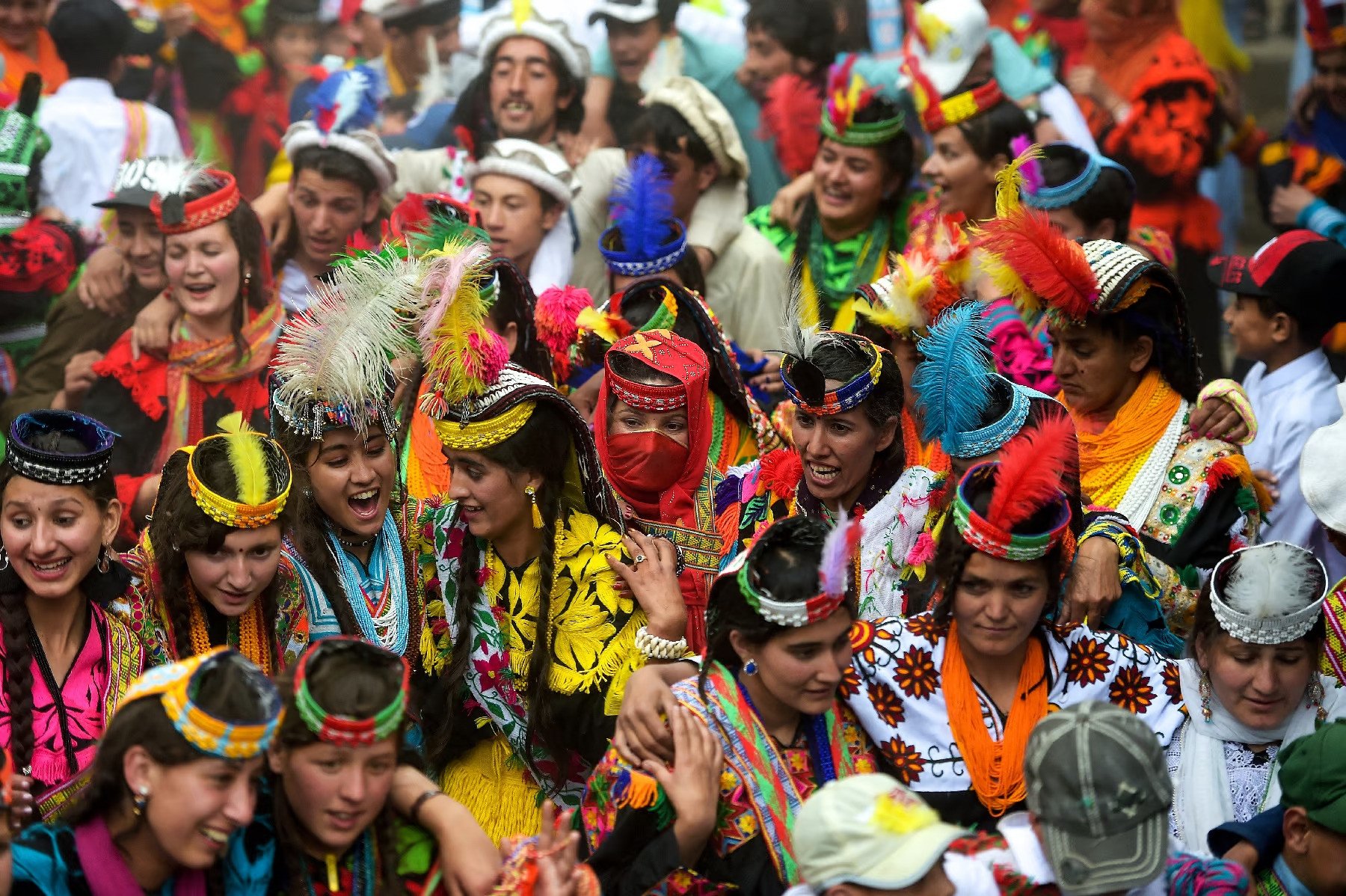by IJAZ AHMED

Many theories have been presented for their origin. The writer explores a link with the Jebusites of Canaan
The Kalash are a non-indigenous tribe with a distinct culture, religion, and way of life living for centuries in District Chitral. Where they come from has been an enigma for centuries.
The first British envoy to the king of Kabul led by the honourable Mountstuart Elphinstone started a story of Greek ancestry about the Kafir of Afghanistan who were the Kalash of present day Nuristan. In the 1890s, Amir Abdurehman forcefully converted the whole Kafiristan to Islam and changed its name too. However, the Kafir on the other side of the border, which was under rule of the Mehtar of Chitral, retained their Kalash religion and identity.
According to the three main theories written about the Kalash people, it is said that they are either Greeks, Aryans, local inhabitants and previous rulers of proper Chitral.
The Kalash people and their oral traditions tell a different story of a place they call Tsiyam, from which their forefathers came many centuries ago. This place has been identified with Yarkhun by some academics, while others say it is a place somewhere in Afghanistan. A research paper written by Gail H. Trail, of Summer Institute of Languages, interprets Tsiyam with Sham, the Urdu name for Syria.
The Greek theory says that Seleucus I, a general of Alexander who was governor of Bactria, could be Shalak Shah, who the Kalash name as their forefather. Or he could be the one who settled the Kalash people here. This Greek ancestry claim is one of the most prominent ones and purports that the Kalash people were left behind from Alexander’s army, but a genetic study by Ayub, Mezzavilla, et al. (2015) found no evidence of this claim. Thus the hypothesis of Greek ancestry has no roots in reality.

In my exploratory research on this subject by the Islamabad Think Tank, I posit the hypothesis that the Kalash people are Jebusites, or one of a subgroup of Canaanites who practiced a Phoenician religion. Phoenicians living in different city-states like Tire, Jebus, Byblos, Sidon, had different deities specific to each city-states and one supreme god and goddess, which could be El and Asharat.
Present day Israel and Palestine were known as Canaan before the arrival of Prophet Abraham. Canaan himself was a son of Ham, and grandson of Noah according to the Book of Genesis in the Hebrew Bible. These Canaanites or Phoenicians used to worship several deities and basically were polytheists.
Express Tribune for more
